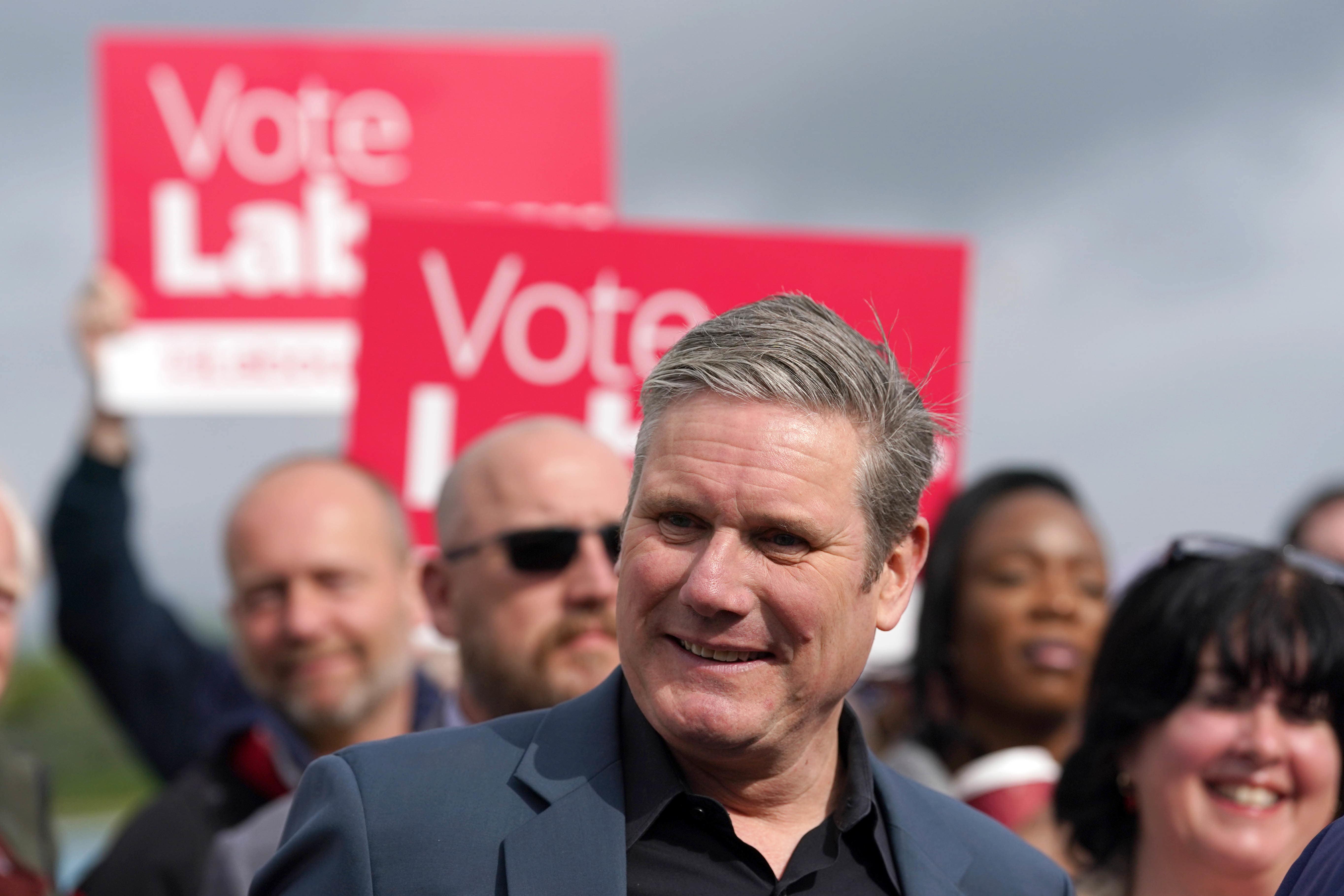Starmer may be able to win an election – but what comes next?
As the famous quote from Hamilton goes – winning’s easy young man, governing is harder, writes Marie Le Conte


There was really only one loser at the local elections. The Conservative party predicted it would lose 1,000 seats while assuming it wouldn’t – so goes the magic of expectations management – then lost even more seats than that.
There were also some definite winners last week. The Liberal Democrats had their best set of results in some time and, in the unlikely event that they manage to replicate those numbers at a general election, would return to pre-coalition level of parliamentary representation.
Similarly, the Green party managed to play a blinder despite being mostly ignored by the mainstream press, and will now be running its first ever council.
As for the Labour party – well, it’s a bit more complicated. The opposition is now the biggest party in local government for the first time since 2002, which is entirely good news. It has recaptured a number of councils across the country, including some which had been blue for some time.
Still, if a general election were to be held tomorrow and voters didn’t suddenly decide to change their collective mind, Keir Starmer wouldn’t find himself to be 1997’s Tony Blair. At worst, he would be a 2010 David Cameron – biggest party but no overall majority – or, well, 2015 Cameron, with a wafer-thin majority.
It isn’t all bad, of course: not too long ago, Starmer was assumed to be a Neil Kinnock figure for the party, beginning the climb back up the mountain but with no hope of reaching the peak himself. That it is now very unlikely that anyone but Labour will be the biggest party in the next parliament is an impressive feat in itself.
It does, however, mean that its leader should start thinking about his benches a bit more. The parliamentary Labour party has – by its own standards – been remarkably quiet for several years now. The left occasionally grumbles, but knows it lost the argument so severely in 2019 that it cannot afford to make too much noise.
The rest seems to be enjoying this newfound quietness in the party, and is choosing not to get in the way of a leader who is, so far, doing well. How long can this truce reasonably last for? There is famously nothing Labour loves more than bickering about Labour.
If Starmer wins the next election but only by a whisker, he will have to contend with his own MPs far more than he currently does. As Theresa May had to learn the hard way, some factions will have no qualms about seeing their party defeated in the Commons if it means winning an internal fight.
There is no reason to believe that Labour MPs wouldn’t act in a similar fashion. When handed power, backbenchers tend to use it. Starmer has successfully nipped some of this in the bud already, as it has been widely reported that his office has kept an iron grip on candidate selection – but not all parliamentarians will be so green behind the ears.
Many Labourites have been in post for years – some even over a decade – and are yet to see government. When their party does gain power, it is likely that they will have opinions about the direction of travel. How will Starmer deal with them?
His leadership has already attracted a number of controversies. Of the promises Starmer made when he stood for leader, few of them remain intact, and most have been junked altogether. Frontbenchers have also made it clear that the party wouldn’t repeal several of the Conservative government’s more controversial policies.
This may be fine for now as the party holds its breath and waits to see if it can gain power again, but what happens if and when it manages it? There is a risk that Starmer is taking his party’s current spell of unity as a given, but all hell may break loose once he truly is in the spotlight, and has achieved what he set out to do.
As the famous quote from Hamilton goes – winning’s easy young man, governing is harder.






Join our commenting forum
Join thought-provoking conversations, follow other Independent readers and see their replies
Comments